England Swings: How the UK Mods Bridged Blues, 60s Rock, 70s Punk, and 80s Pop
The celebrated movement pulled together a huge variety of sounds. We track the various influences on the movement.
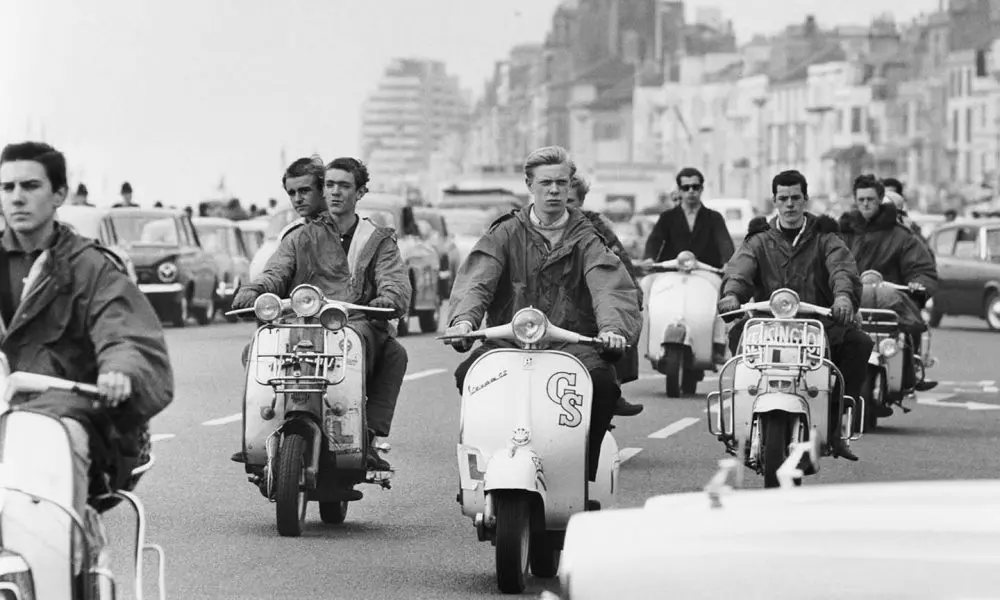
There’s a mutable but magical phenomenon that links the easy-rolling blues shuffle of Jimmy Reed, the manic muscle of The Who, and the soul-plus-synths sophisto-pop of The Style Council, and you can sum it up it one word: Mod.
The Mod family tree also encompasses Motown, ska, punk, power pop, and more. But to keep it all straight, we’d better start at the beginning.
The word “mod” got thrown around a lot in the second half of the ‘60s. But it gained a capital “M” when legions of British teens and twentysomethings made a movement out of it. Reacting against the ‘50s rockabilly fixations of England’s retro-minded leather-and-denim Rockers, the Mods (short for “modernist”) dressed sharp, in suits, upscale sweaters, and miniskirts, with short, carefully coiffed hair seen on both ladies and gents. Instead of the Rockers’ roaring motorcycles, Mods blazed around in kitted-out Vespa scooters, like characters from a French New Wave film, wearing military-style parkas to protect their suits from road dust.
Most important of all, instead of worshipping at the altar of Elvis and Jerry Lee like the Rockers, the Mods soaked up a more eclectic set of sounds. They got down to the electric blues of Muddy Waters, Bo Diddley, and the aforementioned Jimmy Reed; the urbane R&B of Smokey Robinson, Martha & The Vandellas, Marvin Gaye, and the rest of the Motown empire (plus scads of other soul labels); the syncopated Jamaican ska of Desmond Dekker, Prince Buster, and The Skatalites; and the cool, jazzy sway of Mose Allison and Georgie Fame.
That’s what got all those stylishly clad butts moving in the Mod clubs. And when some of those butt-shaking Mods gathered the gumption to form bands of their own, they carried those inspirations into their own music.
The UK Mod groups
There were acts like the Graham Bond Organisation (which included a pre-Cream Jack Bruce and Ginger Baker) and The Spencer Davis Group (home to a precocious teenage singer/organist then known as Little Stevie Winwood), whose entire raison d’etre was bringing jacked-up takes on American blues, R&B, and jazz to swinging British kids.
Even the acts that clearly had their own agendas were still steeped in sounds from across the sea. After all, the big daddy of the first-wave mod bands was The Who, and even amid all their pop-art trappings and the crash-bang-boom of their radical rock assault, it remained easy to hear their influences. You need look no further than the B-sides of their first three hits. “I Can’t Explain” was backed with a cover of U.S. trad folk/blues tune “Bald Headed Woman,” “Anyway, Anyhow, Anywhere” was paired with Otis Blackwell’s serpentine blues “Daddy Rolling Stone,” and the flip of the epochal “My Generation” was James Brown’s “Shout and Shimmy.”
The story was similar for The Who’s kindred spirits, whose early 45s were likewise strewn with tunes that could have come straight from the stacks of 7”’s burning up the dance floor at mid-’60s Mod hotspots. The Small Faces’ singles found space for songs made famous by Sam Cooke and Timi Yuro. The Action’s early recordings include Chris Kenner’s “Land of a Thousand Dances” and The Marvelettes’ “I’ll Keep Holding On,” while The Creation cut The Capitols’ “Cool Jerk.”
Of course, bands like The Who, Small Faces, et al. were much more than delivery vehicles for the sounds of U.S. soul and blues. From the former’s manic “My Generation” to the latter’s sunny psych-pop classic “Itchycoo Park,” they did as much to change the face of 60s rock and pop as anybody. And about a decade down the line, a fresh group of faces would give equal time to both the “My Generation” generation’s innovations and influences, creating a whole new paradigm in the process.
The Neo-Mod movement
Just a half-step behind the British punk pioneers who built on the primal power of the early Who (among others), the Neo-Mod movement arrived in 1977, with The Jam at the forefront. Their debut single, “In the City,” fused the tuneful fury of “Can’t Explain”-era Who with the scrappy insurgency of punk, ultimately landing within spitting distance of New Wave’s power-pop wing. Punk was still gathering momentum at the time, and the hooky, descending riff of the Jam’s first 45 notoriously re-emerged half a year later at the heart of The Sex Pistols’ “Holidays in the Sun.”
Untroubled by the inherent irony of a movement based on retro-Modernism, the Mod revival bands brought things full circle. The Jam’s debut LP, which shared a title with their first single, tapped into the spirit of melodic Who tunes like “The Kids are Alright” on the poignantly hummable “Away from the Numbers,” tipped a fashionably tilted porkpie hat to R&B with a breakneck cover of Larry Williams’ “Slow Down,” and added a punky edge to the already insouciant attitude of the mid-’60s Who hits.
Before long, the teenage trio was joined by scores of like-minded young bands sporting sharp suits, skinny ties, and a passion for both the first-wave Mod groups and the artists that inspired them. Before the decade was out, you couldn’t swing an anorak on the streets of London without slapping sleeves with neo-Mods like The Purple Hearts, The Lambrettas, The Merton Parkas, Squire, and Long Tall Shorty.
The Chords and Secret Affair came the closest to managing what The Jam would accomplish, i.e., truly transcending the idiom. In 1979, Secret Affair singer Ian Page told Sounds’ Garry Bushell, “if there was a formula to what we do, it would be like – you listen to any old Tamla Motown tracks and if you take…the feel of the bass and drums, then add an angry powerful guitar and lyrics that apply to today instead of silly love songs – that’s our sound….Mod is a way of thinking, whatever the year, whatever the situation, whatever the music. It’s a different approach to what else is happening at the time. That’s what mod did then, that’s what we’re doing now. We’re mods without parkas.”
Dexys Midnight Runners came out of that world, too, with a name inspired by the speed (Dexedrine) favored by first-gen Mods. But it wouldn’t be until they completely redefined themselves with an unplugged Van Morrison-on-amphetamines vibe in 1982 that they broke through to international fame with “Come on Eileen.”
The Style Council and its followers
By that time, Jam frontman Paul Weller was getting tired of playing three-piece rock ‘n’ roll with his old school chums. He broke the hearts of neo-Mods everywhere by breaking up the band after 1982’s The Gift, the Jam’s most expansive album. But what Weller had in store would soon endear him to the Mod multitudes all over again, while managing to push into fresh territory.
Partnering with former Merton Parkas keyboardist Mick Talbot, Weller started The Style Council. Liberated from the rock band template, Weller took a bigger bite of vintage R&B than ever, funneling that influence into classy pop that nodded to the ‘60s but still felt completely contemporary, with high-tech production values and colorful splashes of synth. Soulfully suave British hits like “You’re the Best Thing” and “Long Hot Summer” set the standard.
In 1983 Weller told The Face’s Lesley White, “All that ‘let’s have a fight on Brighton beach and pretend it’s 1963’ revivalism is rubbish. I still think of myself as a modernist – I have to try and elevate it! – but people have missed the point. The true mod legacy is all those soul boys and girls walking down the high streets, going to see the American soul bands that come over.”
Once again, other artists were hot on Weller’s heels in the wake of his new evolutionary phase. Some of them were sourced by Weller himself, who formed his own label, Respond, to release gently funky, synth-kissed records by the likes of The Questions and Tracie Young. But within about a year of The Style Council’s rise to fame, the UK was awash with pale-complexioned pop aspirants mining glossy but soulful grooves.
Some of them broke big, like JoBoxers, a bunch of erstwhile punks who drafted an American singer and scored an intercontinental hit with “Just Got Lucky.” Bigger than the Style Council themselves were Simply Red, who came out of post-punk bands Frantic Elevators and Durutti Column to create panoramic pop-soul smashes like “Holding Back the Years” and “Money’s Too Tight (To Mention),” the latter a cover of Ohio R&B duo The Valentine Brothers. Others, like The Truth; the short-lived, Elvis Costello-produced Big Heat; and Glasgow’s Love and Money are less remembered today but no less a part of that particular zeitgeist.
The twisting path of all these Mod maneuvers is as elusive as any other strand of cultural history. It transcends boundaries of time, geography, race, and sometimes even reason. But it can take both artist and aficionado someplace they might never have ventured on their own.


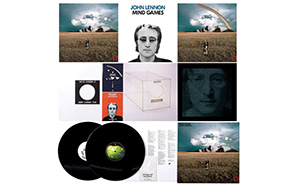
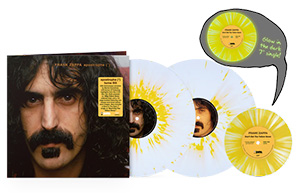

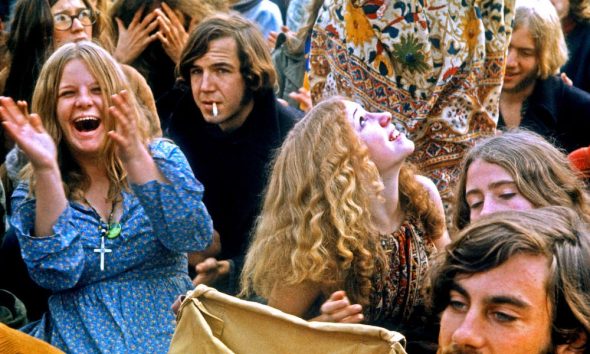
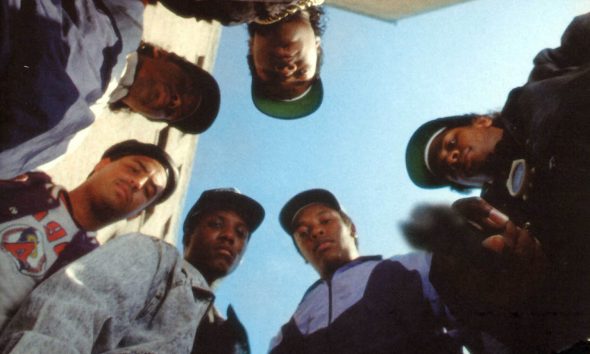

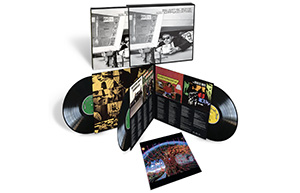

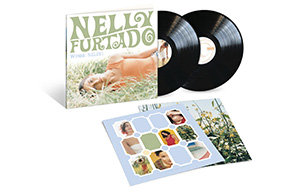
Mod Life Crisis
October 8, 2022 at 12:28 pm
You know you’re becoming a grumpy old man when one of the most important things in your life is summarised so blandly, someone tries to link Mick Hucknall and Simply Red to the history of Mod and it annoys you far more than it should. No mention of modern jazz (where it all began in the late 50s), no mention of the vast legacy that is the ongoing global Northern Soul Scene, no recognition of the influence on Oasis and Blur (but, hey, let’s give a nod to The Lambrettas – while failing to acknowledge the existence of the far-superior scooter to the Vespa), no mention of Marc Feld and his undoubted musical genius (that’s Bolan to you who do not know your real Mod history).
3/10 must try harder